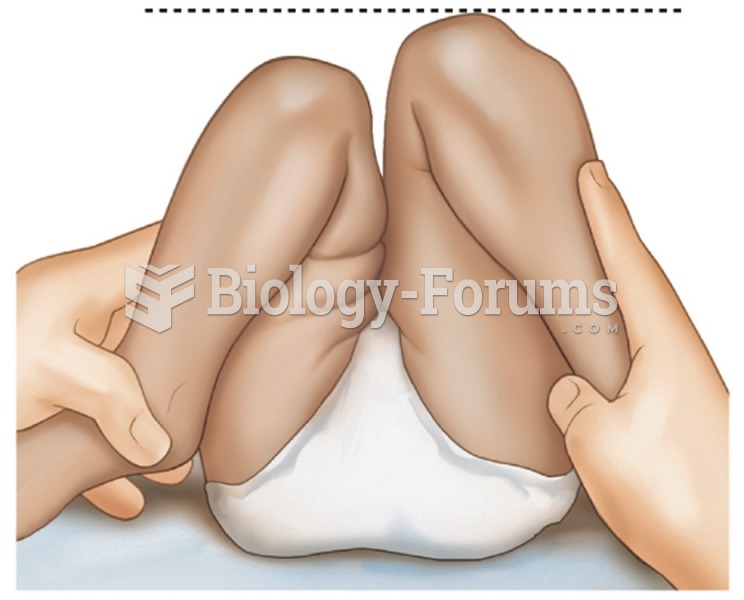|
|
|
Malaria mortality rates are falling. Increased malaria prevention and control measures have greatly improved these rates. Since 2000, malaria mortality rates have fallen globally by 60% among all age groups, and by 65% among children under age 5.
In 1864, the first barbiturate (barbituric acid) was synthesized.
The first oral chemotherapy drug for colon cancer was approved by FDA in 2001.
Nearly 31 million adults in America have a total cholesterol level that is more than 240 mg per dL.
When Gabriel Fahrenheit invented the first mercury thermometer, he called "zero degrees" the lowest temperature he was able to attain with a mixture of ice and salt. For the upper point of his scale, he used 96°, which he measured as normal human body temperature (we know it to be 98.6° today because of more accurate thermometers).







